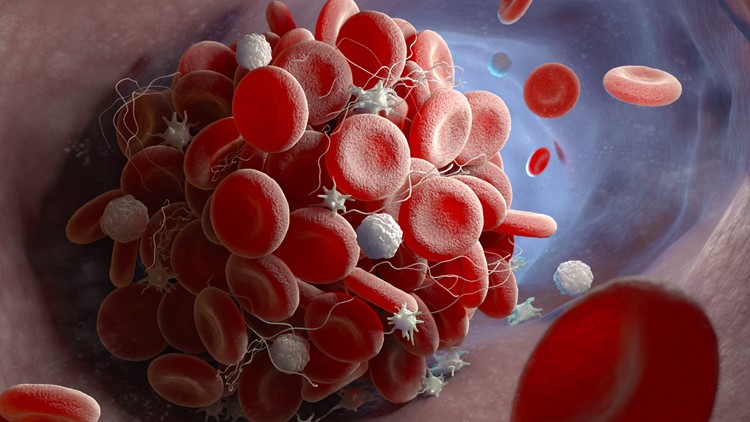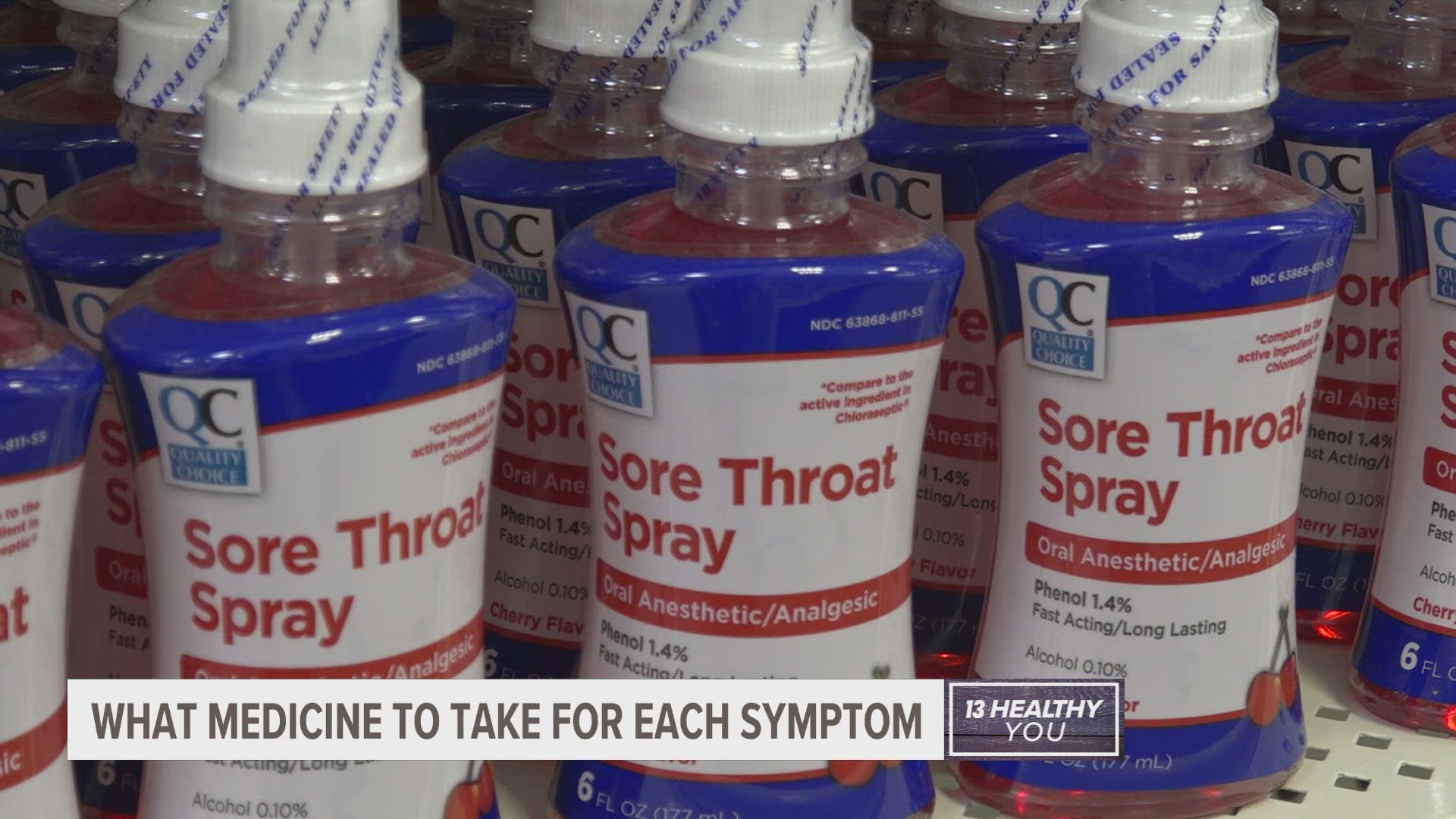GRAND RAPIDS, Mich. — Corewell Health sees an annual increase in deep vein thrombosis (DVT) this time of year. The culprit is long stretches of sedentary time, like road trips or plane rides for spring break travel.
"Whenever you are sitting still, and you're not moving around a lot, you are at some risk for this happening," said Jennifer Watson, vascular surgeon with Corewell Health, "because the muscles in your legs are not squeezing and moving that blood."
Blood clots can happen in other places in the body, but often occur in legs this time of year. They can be serious if the blood clot travels elsewhere, like the lungs, which can lead to death.
Other factors with travel can add to DVT risk as well.
"It's not just the fact that we don't move a lot when we travel," said Watson. "Sometimes, when people travel, they're dehydrated, or they're taking additional medications because they're anxious or they forget their medications at home that they should be taking."
Short breaks can make a big difference. Watson suggests getting up and moving around, doing stretches in the seat if unable to stand during travel and wearing compression socks.
"Risk factors include the travel itself, especially if the flight or travel is over four hours," said Watson. "Being overweight or obese increases your risk. So does having a blood clot before or being on oral contraceptive pills, being pregnant, cancer and many other health conditions. Also, if this is something that you have dealt with before or is in your family then you are at an increased risk."
During travel, keep an eye out for one leg over the other being swollen, especially if it is not going away. Also pay attention to any shortness of breath or chest pain. If experiencing any of these symptoms, seek medical care.
RELATED VIDEO: Traveling to some Mexican states this Spring Break could be dangerous. Here's where to avoid:
►Make it easy to keep up to date with more stories like this. Download the 13 ON YOUR SIDE app now.
Have a news tip? Email news@13onyourside.com, visit our Facebook page or Twitter. Subscribe to our YouTube channel.



